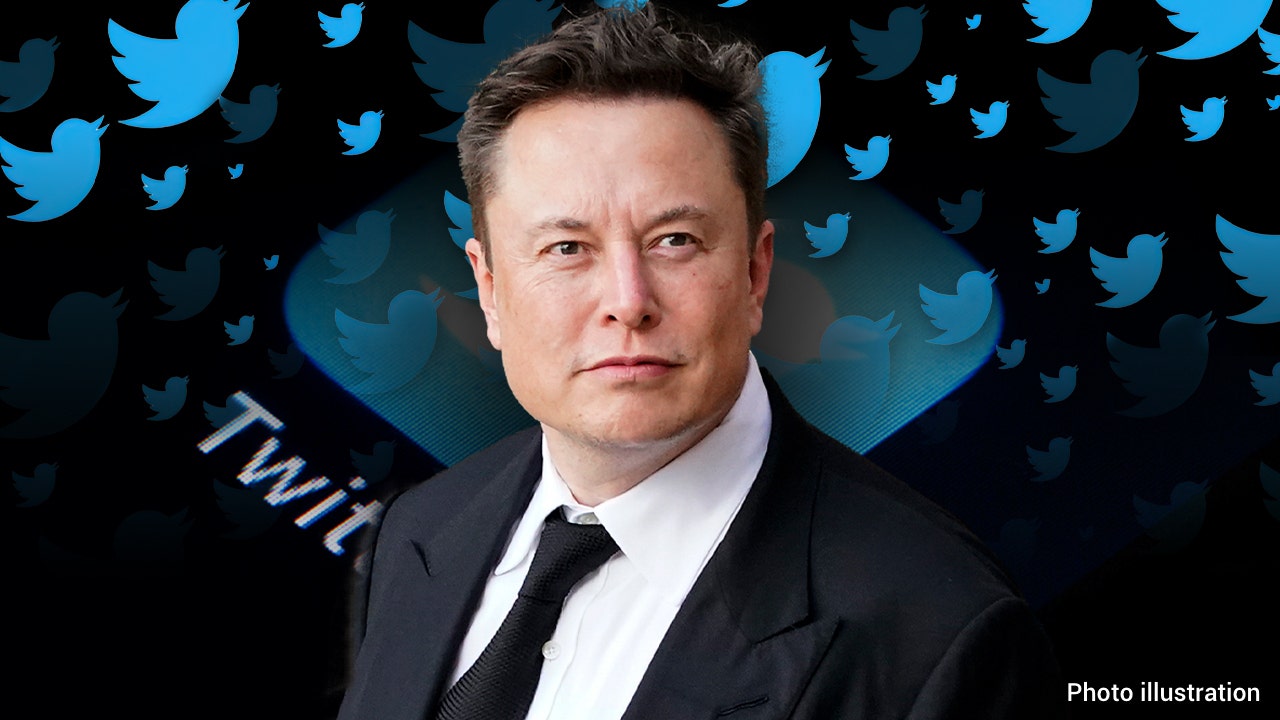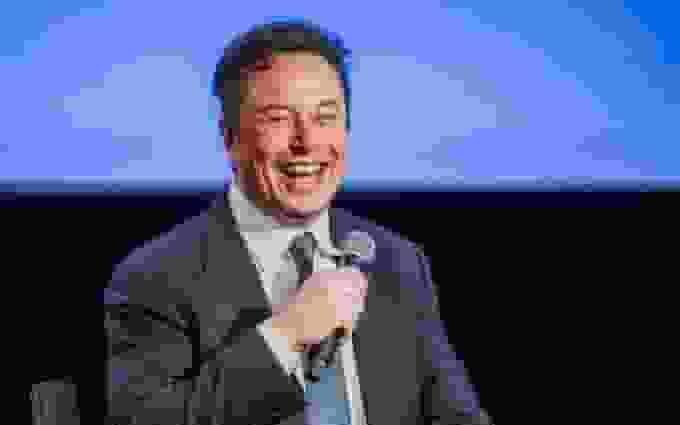Elon Musk’s acquisition of Twitter was often predicted to be a failure. He had established the greatest satellite constellation, made Tesla into one of the most successful automakers in the world, built Neuralink to create brain-machine interfaces, and the research behemoth OpenAI, but Twitter?
A platform where users can share their opinions in 280 characters or less? That would be a bridge too far, both technically and politically.
His support for free speech would result in a platform overrun with Nazis yelling abuse at anyone who dared to identify as anything other than white and male, his opposition to private censorship would be “disastrous for women and marginalized communities,” and removing software bloat would result in “a massive outage in the next few days.” The end of days had arrived! It was almost over!
In the meantime, Twitter’s staff has decreased by 50%. The moderators lost 15% of their staff when the “entire human rights team” left.
The number of contract workers has been drastically reduced. A highly bloated organization is being deconstructed and reconstructed. Regular site visitors are aware that leaving the site and using Google is the best way to search for material; more features are planned.
George Holtz, a prolific author, has been hired by Elon Musk to enhance the site’s functioning. Elon Musk has promoted the “Community Notes” feature that enables users to add fact-checks to tweets as a way to raise the caliber of information on the platform.
This is not to argue that Elon’s takeover has had a completely easy road to success. Not at all. Since the blue verified checkmark was made available to anyone willing to pay $8 per month, the introduction of a premium tier of Twitter membership sparked legitimate worries about imposers.
However, you can also see the fundamentals of how Elon Musk operates in this: he spins out new ideas, tests them, refines them, then ruthlessly discards the ones that don’t work. Although it might not work here, it has a history of success in other areas, so it would be strange to bet against it this early.

Elon Musk Aims for Free Speech
The reason why so many Left-wing commentators are doing this is straightforward: Twitter has always been governed by the Left, for the Left, and any change to this status quo is fiercely resented. According to Musk, Twitter “serves as the de facto public town square” on numerous occasions.
It serves as the setting for a tremendously powerful conversation between politicians, journalists, activists, academics, subject-matter specialists, and curious laypeople. This indicates that it serves as a de facto hub for elite thought coordinating; opinions expressed on the website find their way into the press and eventually into public policy.
Additionally, it means that the site now has disproportionate influence over the course of political discourse due to its ability to skew the scale in favor of some viewpoints while downplaying others.
Progressives are snapping because they fear losing power, not because they actually believe Musk’s Twitter will destroy the site or do irreparable damage.
These outbursts are harmful; the decline in advertising revenue has been caused, at least in part, by activist groups pressuring businesses to stop supporting them by spreading rumors about what an unrestricted website might turn into and by politicians making ominous noises.
However, they are also transient. Progressives will get used to having to compete on an even playing field as time goes on and people get used to the new normal.
They can follow the advice they so often gave to conservatives: Twitter is a private platform if they don’t or can’t. You can always create your own if you don’t like it.
READ MORE: Student Loan Forgiveness: Will Biden’s Plan be Implemented in February 2023?


